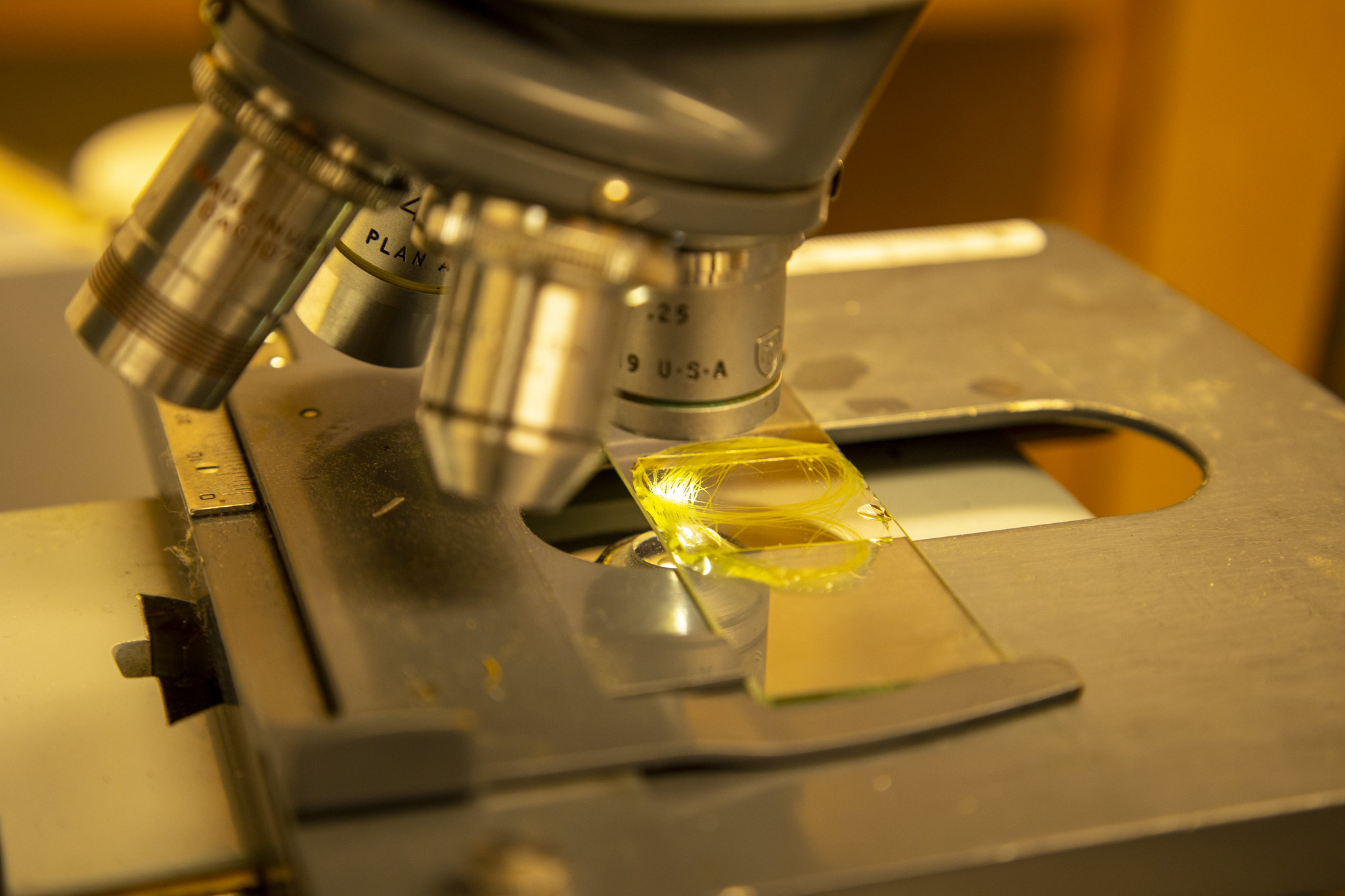Reasons for choosing cancer care students’ intervention
When I was a child, I lost my grandpa to cancer. I used to promise him that I would become a health care provider and heal him, but unfortunately he passed away when I was in twelfth grade. Later, I joined medical school at the University of Rwanda, where I became involved in student-led research, health promotion practices and knowledge measurement. Many university students are interested in public health issues, including cancer awareness interventions. There are only a limited number of students who actively engage in this area, however, and they face inadequate engagement in cancer care promotion activities, lack of funding for their projects and inadequate training and mentorship to build their capacity for advocacy. Despite my grandpa’s passing, I am still committed to raising awareness about cancer and supporting those affected by it. I am interested in rallying my colleagues and peers to contribute to cancer care in Rwanda and helping them gain insights on building the country’s cancer care system. I seek strong collaboration between youth-led organizations with government policy to increase public awareness. I am also involved with different presentations in workshops, seminars, conferences and other capacity building activities aimed to teach students their involvement in the promotion of the cancer care system in the country. I am a cancer advocate and I hope to see more youth effort joining me to combat this burden in Rwanda.
Background of cancer care in Rwanda
In Rwanda, cervical cancer and breast cancer are the most common in the population, but there is also an emerging prevalence of stomach and prostate cancer. The government has taken the responsibility of facilitating cancer care by establishing a national cancer control plan, which will include principles to be implemented by 2025. Rwanda has two major cancer diagnostic and treatment sites: the Rwanda military hospital located in urban Kigali, Rwanda and the Butaro Cancer Center of Excellence (BCCOE) located in rural Northern Rwanda. Diagnostic services are provided at district hospitals. While there may not be as many institutions in Rwanda dedicated to cancer care as compared to other nations, there are private institutions that play a significant role in strengthening cancer care. These institutions include Partners in Health/Inshuti Mubuzima, which provides invaluable support to cancer patients and also supports BCCOE. Another NGO, Rwanda Cancer Relief, focuses on providing cancer awareness to the population, particularly targeting service providers and ensuring palliative care for cancer patients. Furthermore, there are student associations like Medical Students’ Association of Rwanda (MEDSAR) and Rwanda Pharmaceutical Students’ Association (RPSA) that actively organize various awareness programs for the community and healthcare enthusiasts.
How do health care students in Rwanda engage in cancer care?
Rwanda operates several health care institutions, including medical, nursing, pharmacy, biomedical laboratory and medical imaging. These schools are affiliated with universities such as the University of Rwanda, Adventist University of Central Africa (AUCA), University of Global Health Equity, Mount Kigali University and others. The students studying in these health care schools contribute to strengthening cancer care in Rwanda. They conduct research activities, participate in cancer-community health education and outreach programs, build capacity for their colleagues at the university, advocate for cancer-related initiatives and undertake short-term cancer projects. Their involvement is mainly through their students’ associations in their schools. Their level of participation is sometimes reported to be around inadequate, which falls short of the desired maximum level for optimal cancer care. The difficulties that students in Rwanda face include lack of funding for their projects, inadequate skills, challenges related to self-esteem and academic pressure.
What activities are required of students and what is expected for future participation?
There are health care students who have embarked on a journey towards working in the field of cancer care. Some of them have started developing their own cancer research projects to enhance shared knowledge within the community. Others have chosen to volunteer with NGOs in order to acquire the necessary skills for delivering health and cancer education. It is crucial to establish collaboration between health care students’ associations and cancer care institutions at the national level to promote volunteerism and active student participation in these activities. Student intervention plays a crucial role in equipping Rwanda’s health care system with dedicated and enthusiastic individuals who are committed to making an impact on this global health burden. Given the current lack of participation, it is essential to encourage such students to take the initiative and contribute to the facilitation of the cancer care system, targeting a grassroots approach.
Image credit: Pond Management_Water Sample with Algae (Public Domain) by Alabama Extension

